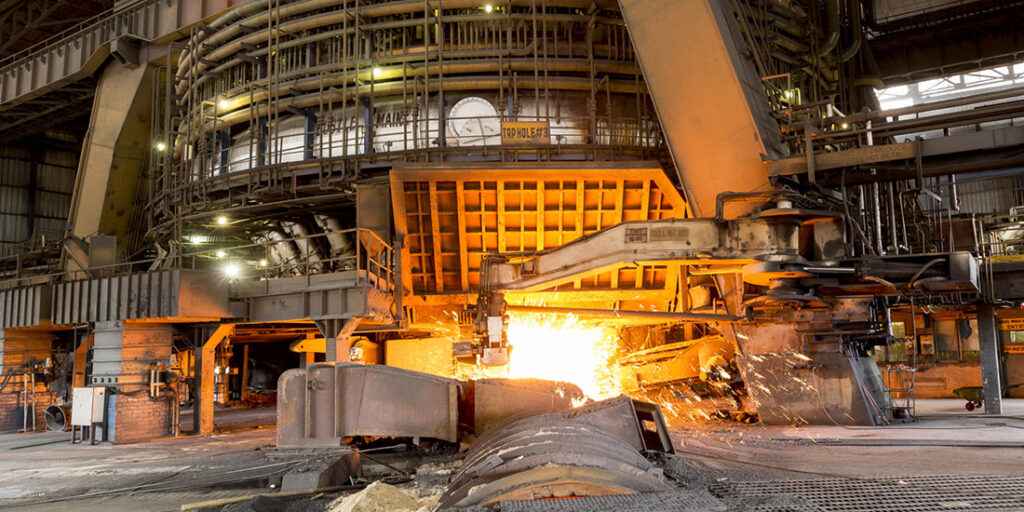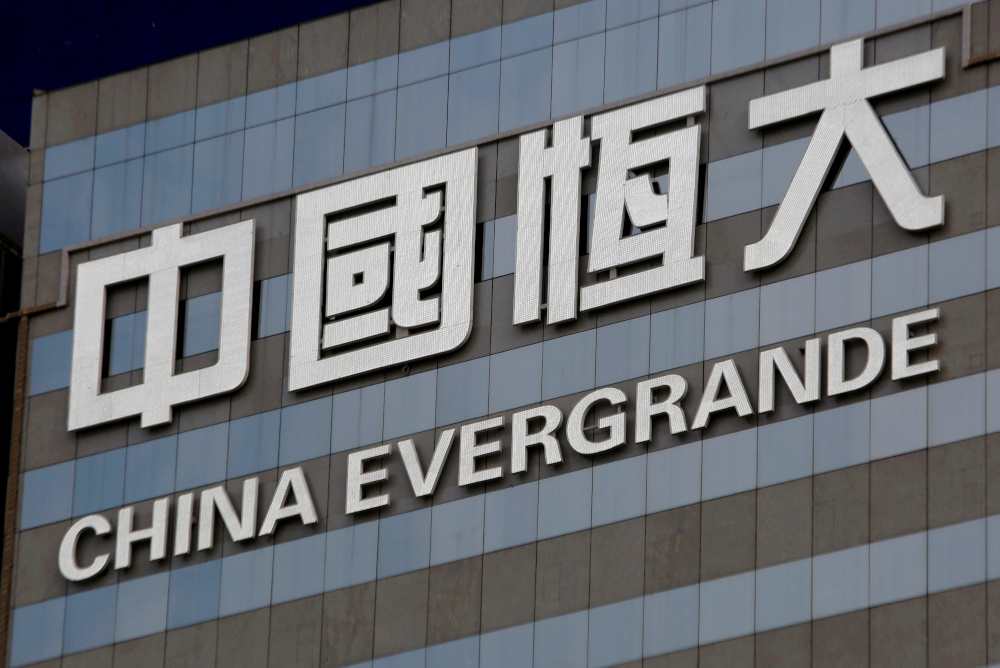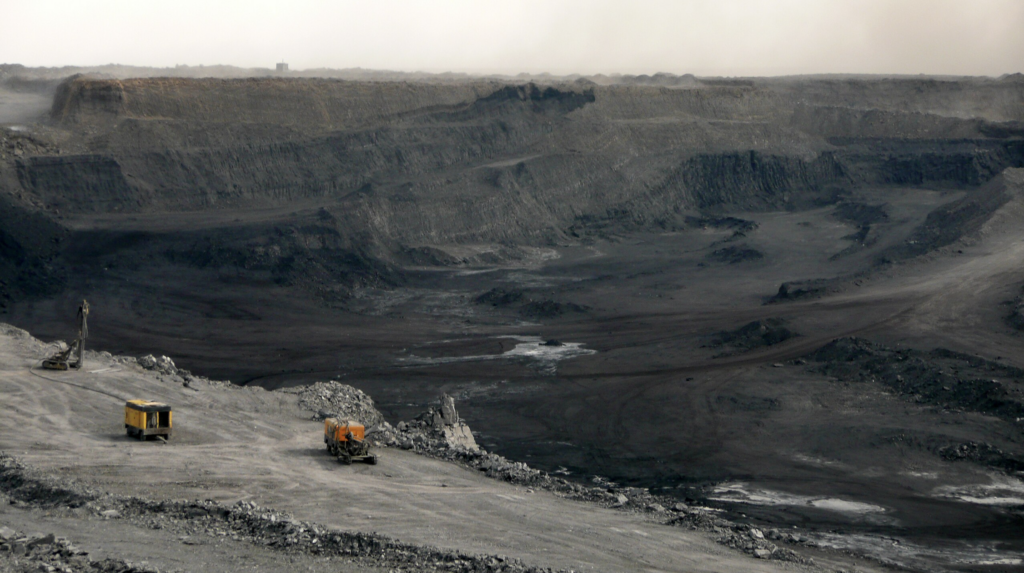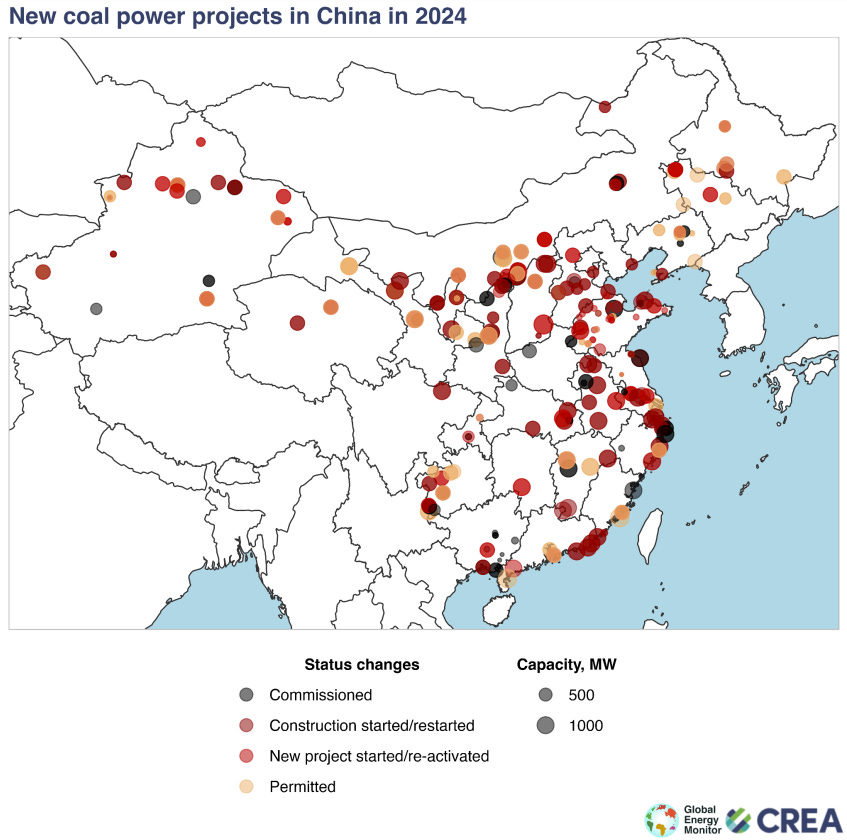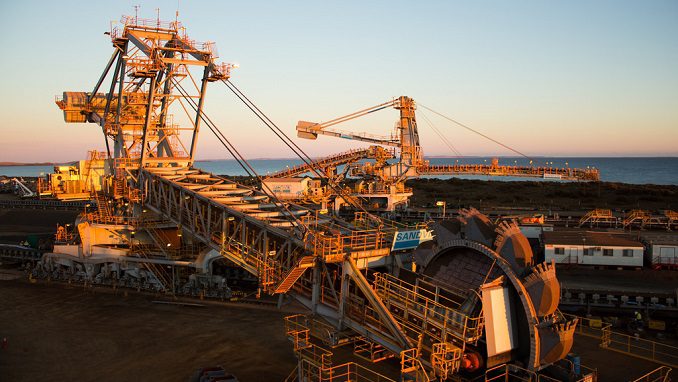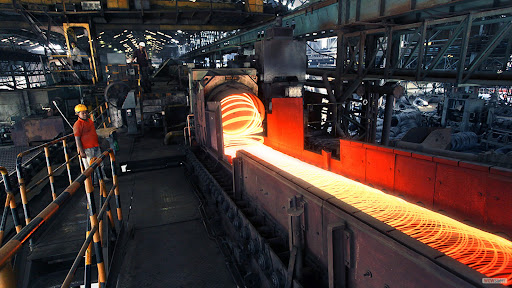With the prices of iron ore and coke falling dramatically since the end of February, the cost effectiveness of hot metal has strengthened against that of steel scrap as a steelmaking raw material for the Chinese mills, with the price advantage of hot metal expanding rapidly in recent weeks, Mysteel’s latest survey showed.
As of April 2, the cost of making steel using hot metal among integrated mills in East China’s Jiangsu province averaged Yuan 2,332/tonne ($328.8/t) excluding the 13% VAT, lower by a significant Yuan 192/t compared with using steel scrap, according to Mysteel’s assessment.
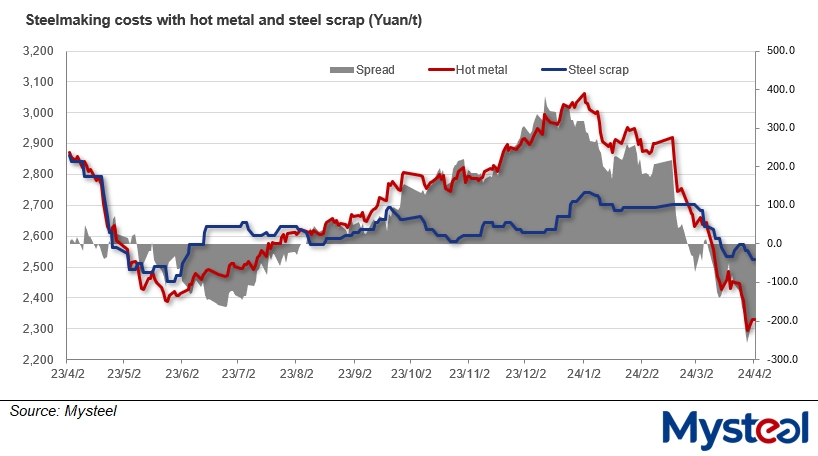
China’s ferrous market suffered from weakening sentiment during last month, stemming partly from the bland statements of economic support delivered at the ‘Two Sessions’ political meetings in Beijing earlier in the month. The dull market mood caused prices of ferrous commodities to drop substantially, Mysteel Global noted.
On fundamentals, the slow recovery of steel demand – despite spring usually being a strong month for steel sales – prompted steelmakers to rein in production and slow their procurement of iron ore, leading iron ore stocks at domestic ports to steadily mount, as reported.
Meanwhile, steel scrap demand among Chinese electric-arc-furnace steelmakers has been rising as the mini-mills’ production increased, though the growth was limited, Mysteel’s other survey showed.
As a result, the decline in iron ore prices has been more rapid than that of steel scrap, making blast furnace (BF) steelmakers less willing to use scrap for production, Mysteel Global learned.
During the week over March 22-28, for example, the total steel scrap consumption among the 130 BF steel mills under Mysteel’s regular tracking was 1.24 million tonnes/week, lower by some 99,700 tonnes or 7.4% on month.
These mills’ replenishment demand for steel scrap also waned due to scrap’s weakening cost effectiveness, Mysteel Global noted. As of March 28, the total inventories of steel scrap held by these sampled 130 BF mills stood at 1.87 million tonnes, losing 111,300 tonnes or 5.6% on month, the survey showed.
Written by Anthea Shi

